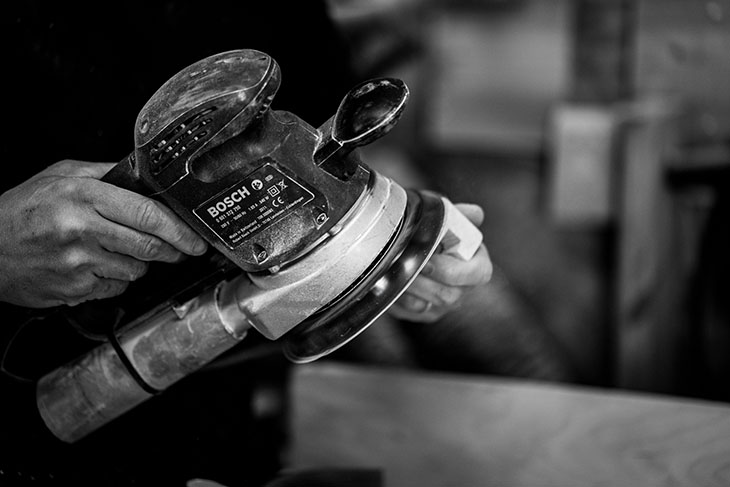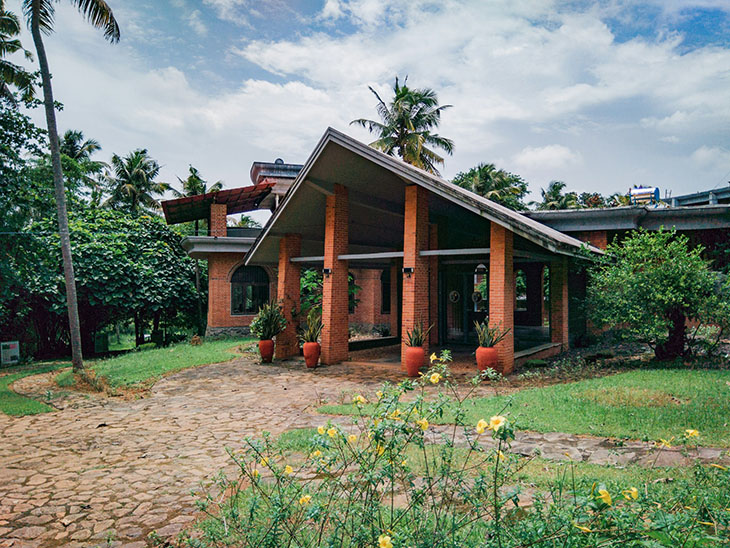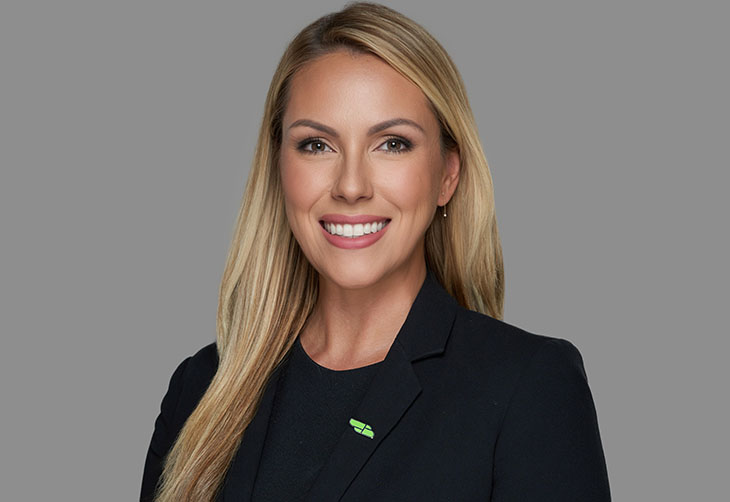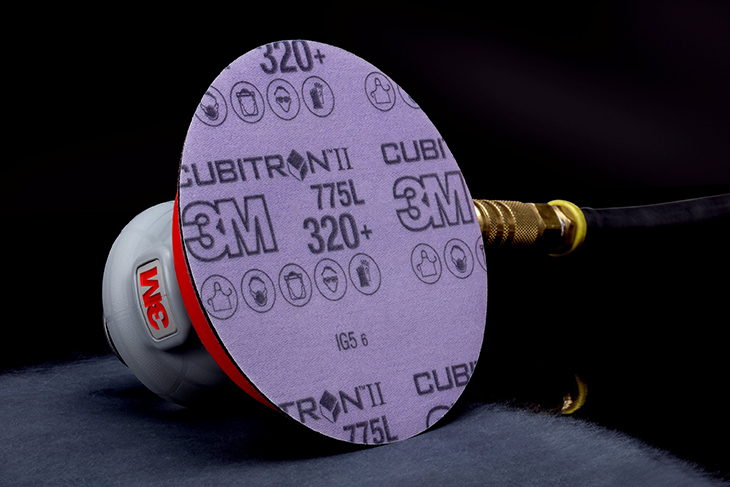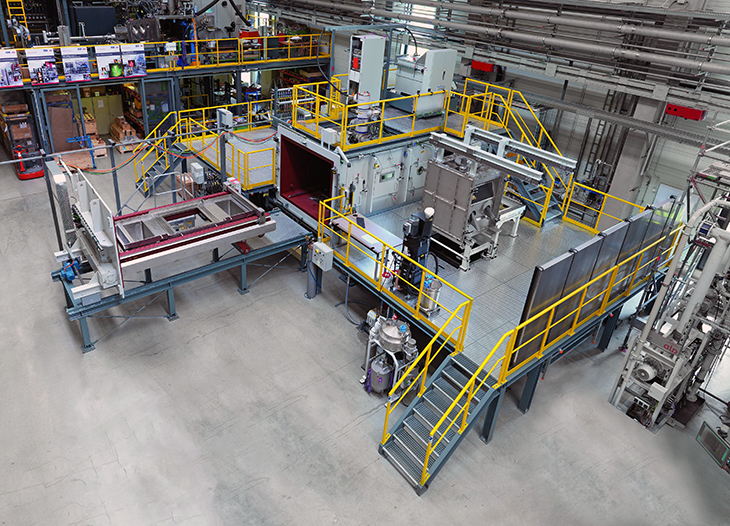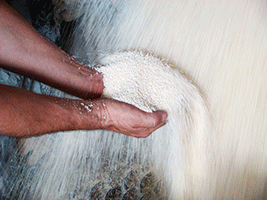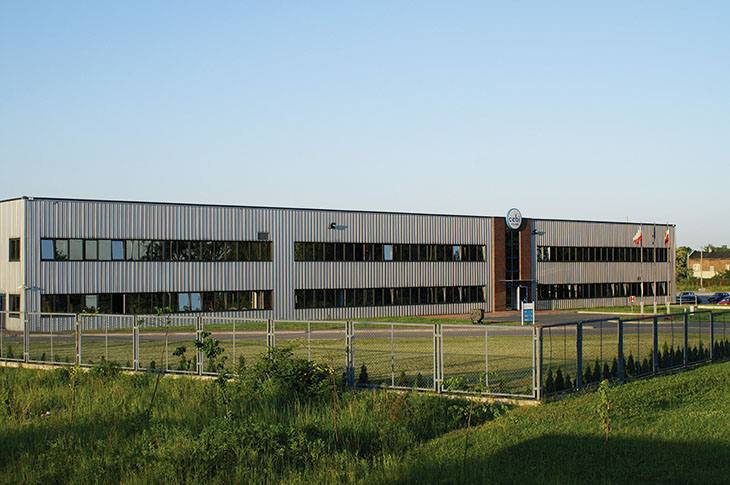Sidel’s international centre of excellence for PET packaging development and blowing solutions in Octeville, France, recently made an important contribution to sustainability through an innovative research project in plant-based performance plastics. Sidel consulted with its PET packaging expertise in the BioHub® programme as the selected representative for the beverage industry.
This open innovation programme has enabled the development and production of new chemicals using renewable agriculture materials, such as cereals which are a sustainable substitute for well-known fossil-based chemicals. The new bio-based forms of polyester have many possible end-user applications, including packaging in which Sidel was recognised for its PET packaging competence. The programme was undertaken by international French biorefining group, Roquette, a global leader in the processing of plant-based raw materials, and subsidised by BPIFrance, the French agency for industrial innovation.
Luc Desoutter, Sidel’s Special Project Director, comments: “Sidel has a longstanding relationship with Roquette and Sidel’s R&DPackaging experts in Octeville in particular contributed with important and innovative PET packaging expertise in this breakthrough project. I am convinced that the innovative materials resulting from the project will soon be adding value to the already substantial benefits that PET offers as a liquid packaging solution, in terms of both performance and sustainability. Satisfying market needs and providing an alternative to established raw materials, they will be of great interest and benefit to the beverage packaging industry and many others.”
PET packaging expertise at Octeville France proves useful
Sidel was one of several, select private sector and public partners in the BioHub programme, which was originally launched in 2006. The Sidel expertise at Octeville brought the company’s many years’ experience in the field of beverage and liquid food packaging - and in the industrial production of PET packaging - to the project. The company’s solid technological expertise in complete line solutions that starts with the blow moulding process in bottling of beverages, oils and
other liquids was particularly useful to the project, as was its viewpoint as an end user of the potential new bio-based performance plastics within the beverage industry.
Vincent Le Guen, Sidel’s Vice President for Packaging, says: “Our understanding of bio-based polymers through our participation in this open innovation programme brings great value to Sidel’s PET packaging expertise in Octeville. It enables us to continue to stay at the forefront of the liquid packaging industry and to be ready to meet the future needs of beverage producers. The close relationships we have with our partners throughout the PET value chain, and also across other industries, is really valuable to Sidel. This helps ensure we stay in contact with the latest industry developments and continue to improve our packaging solutions for beverage producers.”
Many beverages, food items and other consumer products are currently marketed and packaged in bottles or containers made from PET, the most common thermoplastic polymer resin of the polyester family. It makes the ideal beverage packaging material because it is safe, strong, transparent, light and versatile. Customers appreciate it for its safety compared to traditional materials. It is resealable, shatter-resistant and, importantly, can be recycled again and again.
The successful completion of the BioHub Project - and Sidel's integral role within it - can lead to the production of new bio-based forms of polyester demonstrating excellent transparency and UV resistance and a good resistance to high temperatures. Leading names within the beverage industry, such as Coca-Cola, PepsiCo, Danone and Nestlé, are looking into the possibility of bottles made from fully renewable resources and are said to be already assessing the most promising options to incorporate these next-generation materials into their production lines. For example, Coca-Cola recently unveiled PlantBottle™, a PET bottle based on plant materials.
For more information about the benefits of PET packaging, read more on sidel.com/PET.










